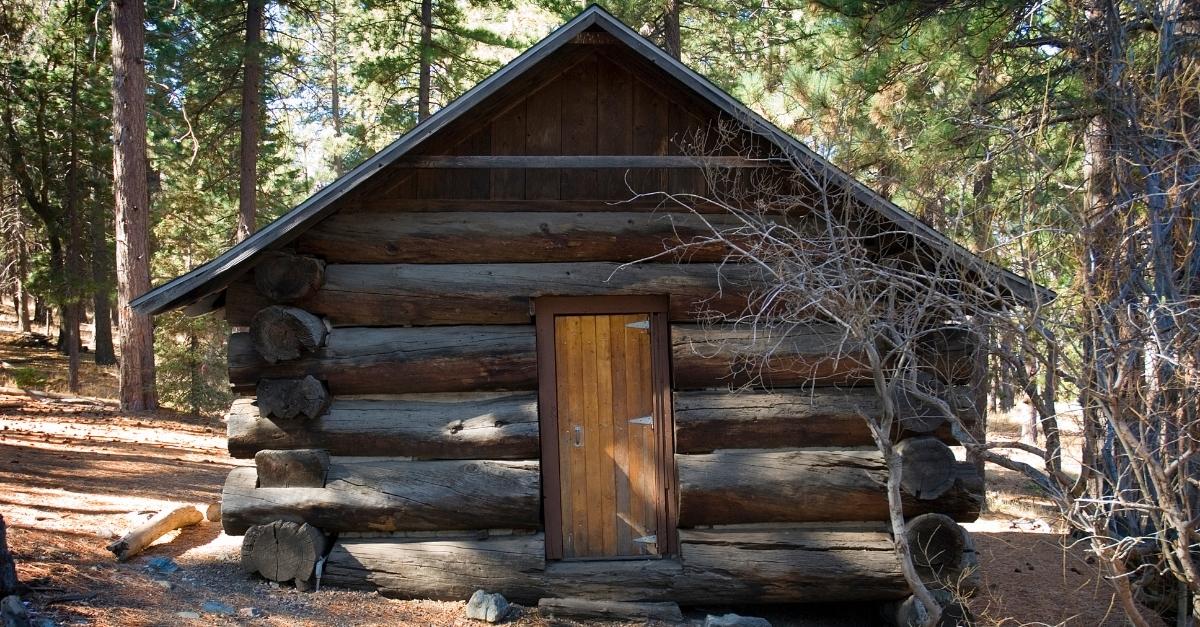Costa Rica off grid living: Imagine waking to the symphony of howler monkeys, your days filled with the vibrant hues of a rainforest paradise, and your nights illuminated by a sky brimming with stars. Escape the urban grind and embrace a life deeply connected to nature, where self-sufficiency and sustainable living intertwine. This isn’t just a dream; it’s a tangible reality waiting to be explored in the heart of Costa Rica.
This guide unveils the practical steps, legal considerations, and inspiring possibilities of creating your own off-grid haven in this breathtaking country.
From navigating the intricacies of land acquisition and building permits to designing sustainable energy systems and cultivating your own food, we’ll equip you with the knowledge and resources to embark on this extraordinary journey. Discover the secrets to thriving off-grid in Costa Rica, a land renowned for its biodiversity, stunning landscapes, and welcoming communities. Learn how to balance the challenges of self-reliance with the rich cultural tapestry of this remarkable nation.
Self-Sufficiency and Food Production
Embracing self-sufficiency in your Costa Rican off-grid haven means cultivating a deep connection with the land and harnessing its bounty. Successful food production hinges on understanding the local climate, soil, and available resources, while employing sustainable practices that minimize environmental impact and maximize yield. This approach ensures a resilient and abundant food supply, contributing significantly to your off-grid lifestyle.
Sustainable Gardening Techniques for Costa Rica
Costa Rica’s diverse microclimates dictate a varied approach to gardening. Higher elevations experience cooler temperatures and require frost-resistant crops, while lower-lying areas benefit from the tropical warmth and humidity. Understanding your specific location’s conditions is crucial. Employing techniques like companion planting (intercropping different species to enhance growth and deter pests), crop rotation (alternating crops annually to maintain soil fertility), and using organic fertilizers (compost, vermicast) will promote healthy soil and vibrant plants.
Consider building raised beds to improve drainage in clay-rich soils and provide better control over soil composition. Water conservation is key; explore techniques like drip irrigation or water harvesting to minimize water usage.
Food Preservation and Storage Without Refrigeration
Preserving harvests without refrigeration is paramount for off-grid living. Traditional methods like drying (sun-drying, dehydrator), fermenting (pickling, sauerkraut), and canning (preserving fruits and vegetables in sterilized jars) are invaluable. Drying is particularly effective for fruits, vegetables, and herbs, extending their shelf life significantly. Fermentation creates delicious and nutritious preserved foods, while canning offers a longer-term solution for preserving a wide variety of produce.
Properly storing dried goods in airtight containers in a cool, dry place is essential to prevent spoilage. Root cellars or cool, dark storage spaces can help extend the shelf life of certain vegetables.
Livestock Feasibility in an Off-Grid Setting, Costa rica off grid living
Raising livestock can provide a sustainable source of meat, eggs, and milk. Chickens are relatively easy to manage and provide a consistent supply of eggs, while goats offer milk and meat, adapting well to diverse terrains. However, responsible livestock management requires careful consideration. You need sufficient space for grazing or foraging, adequate shelter from the elements, and a plan for disease prevention and waste management.
Local regulations regarding livestock ownership should also be investigated. The initial investment in animals, feed, and housing needs to be weighed against the long-term benefits. A small-scale operation, tailored to your needs and resources, is often the most practical approach.
Native Edible Plants of Costa Rica
Understanding the local flora is crucial for supplementing your diet with readily available resources. Many native plants offer edible fruits, leaves, roots, or seeds.
- Guava (Psidium guajava): Provides sweet, nutritious fruits used in jams, juices, and desserts.
- Plantain (Musa paradisiaca): A staple food source, cooked in various ways.
- Chayote (Sechium edule): A squash-like vegetable, eaten cooked or raw.
- Achiote (Bixa orellana): The seeds provide a vibrant red pigment and are used in cooking.
- Jicama (Pachyrhizus erosus): The root is a crunchy vegetable, eaten raw or cooked.
Embarking on the path of Costa Rica off-grid living is a journey of self-discovery, resilience, and profound connection with nature. While it demands careful planning, resourcefulness, and a willingness to embrace the unexpected, the rewards are immeasurable. The freedom, self-sufficiency, and breathtaking beauty that await will transform your life in ways you never imagined. This guide provides a solid foundation; the rest is up to you – your vision, your dedication, and your unwavering spirit to create a life truly lived on your own terms, in the heart of Pura Vida.
Common Queries: Costa Rica Off Grid Living
What are the biggest challenges of off-grid living in Costa Rica?
Challenges include navigating complex land regulations, securing reliable access to healthcare in remote areas, and managing potential infrastructure limitations (water, internet).
How much does it cost to build an off-grid home in Costa Rica?
Costs vary greatly depending on size, materials, and location. Expect significant upfront investment for land, construction, and initial infrastructure setup.
What language is primarily spoken in rural Costa Rica?
Spanish is the primary language. While English is spoken in tourist areas, learning basic Spanish is highly beneficial for integrating into rural communities.
Are there any specific health concerns to consider?
Mosquito-borne illnesses are a concern, so preventative measures are crucial. Access to medical care may be limited in remote areas, necessitating preparedness and a robust first-aid kit.
What are the visa requirements for long-term stays?
Visa requirements depend on your nationality. Research the specific regulations for your country well in advance of your move. Consult the Costa Rican embassy or consulate in your home country.
Obtain recommendations related to best dogs for off grid living that can assist you today.

